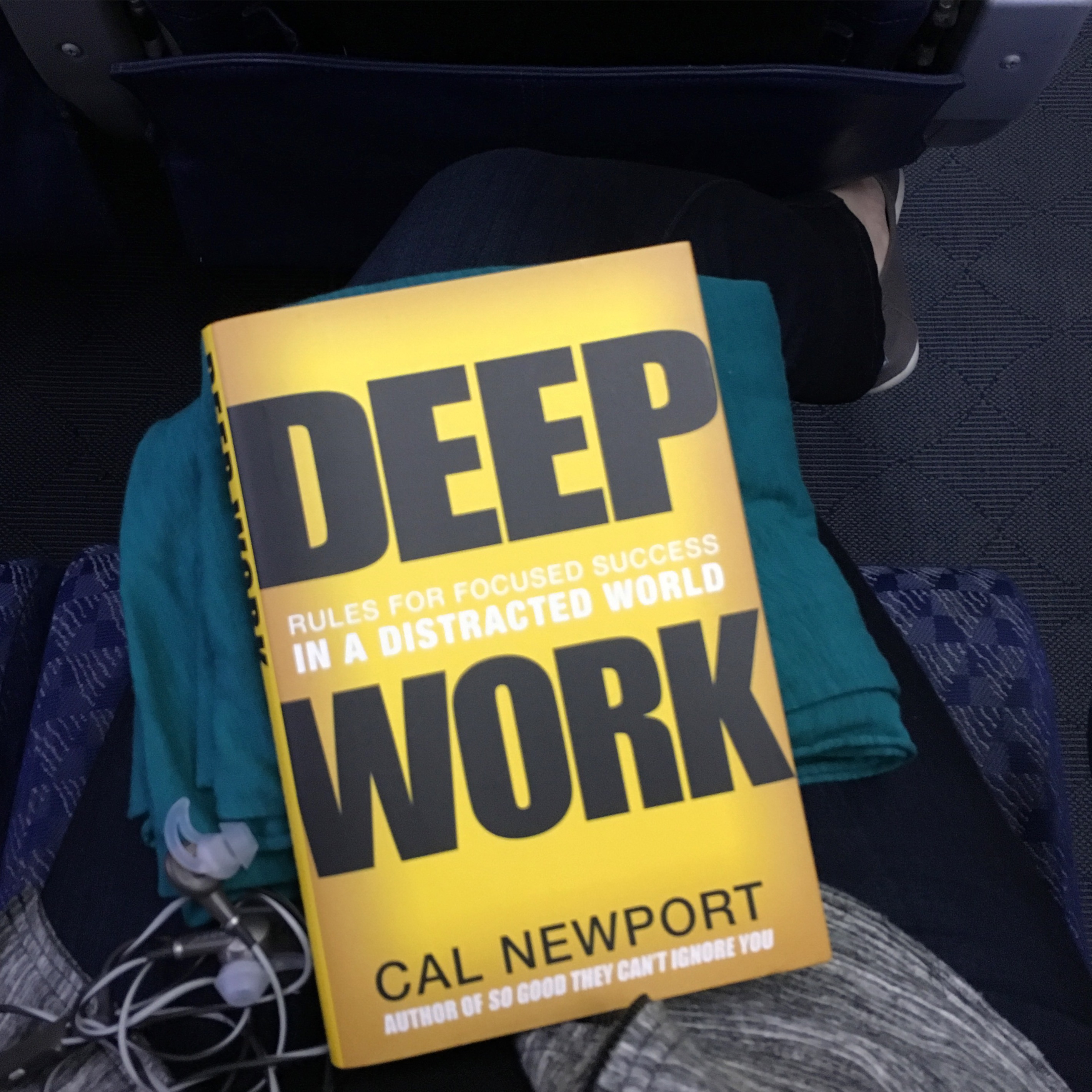lei·sure
Pronunciation: ˈlē-zhər, ˈle-, ˈlā-
Function: noun
Etymology: Middle English leiser, from Anglo-French leisir, from leisir to be permitted, from Latin licēre
Date: 14th century
1 : freedom provided by the cessation of activities; especially : time free from work or duties
2 : ease, leisureliness
This week I have plenty of leisure time. It’s been a long time since I’ve said that! I’ve taken the week off from work, and I’m not planning to travel anywhere, which I’ve never done before. The way the remainder of the year is looking, I wasn’t sure I’d get the down time in if I waited any longer to take it. Coincidentally, some of my recent reading material addressed leisure…
According to Mihaly Csikszentmihalyi, a professor at the University of Chicago, in “Finding Flow, [h]aving leisure at one’s disposal does not improve the quality of life unless one knows how to use it effectively,” which is NOT an innate skill. Without this skill, he actually describes leisure as potentially dangerous to mental and physical health!
The distinction lies in the type of leisure pursued – active or passive leisure, which have very different psychological effects. People report substantially more happiness and flow (i.e. optimal performance or that feeling of being “in the zone”) when they engage in active rather than passive leisure.
This got me thinking, and I’ll pass my question on to you… How do you spend your leisure time?
